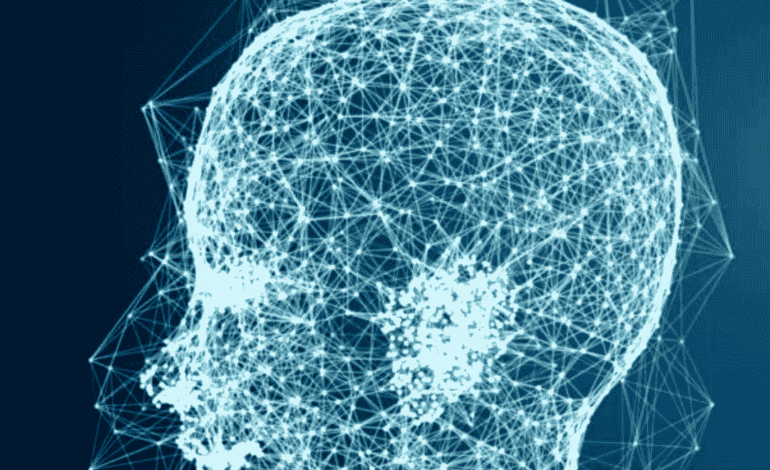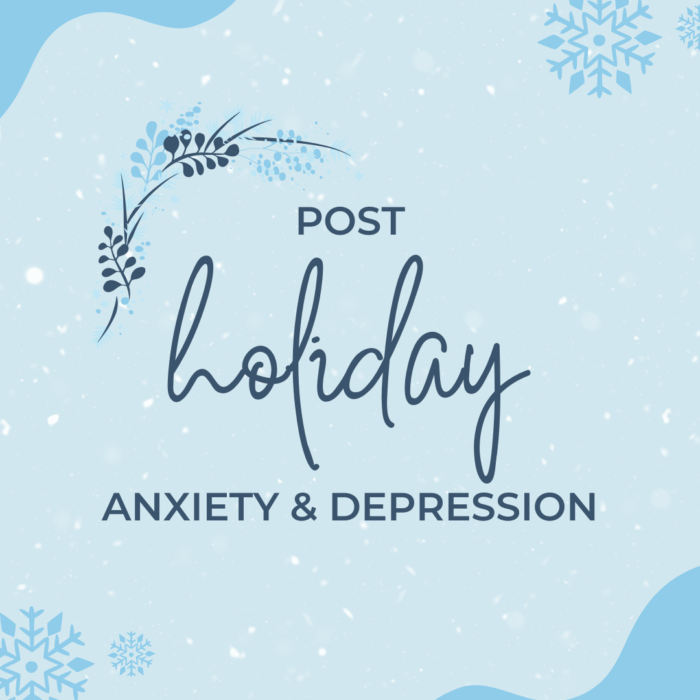In the 1970s, U.S. President, Richard Nixon launched the War on Drugs campaign. Nixon’s severe consequences for illegal and deadly drugs like heroin and crack cocaine crippled the black community in the 1970s and created stereotypes and harsh jail sentences for Black people. For example, the 1986 Anti Drug Abuse Act “created a 100 to 1 disparity between the amount of Crack Cocaine that triggers a federal mandatory minimum sentence versus powder cocaine.”
This means one gram of crack cocaine equated to a five-year sentence, where 100 grams of powder cocaine would warrant the same five-year prison sentence.
In 2019, officials noticed 81% of convicted crack offenders were Black.
Many believe it is because powder cocaine was associated with White populations, whereas crack cocaine was associated with Black populations; however, legitimate research does not prove this relationship. Crack cocaine is many degrees cheaper and easier to make than pure powder cocaine, and as a result, it is believed that since Black Americans lived below the poverty line, crack cocaine was what they could afford. However, the statistics stated below set the record straight and proved that the War on Drugs targeted Black offenders in addition to creating harmful stereotypes surrounding Black communities. The War on Drugs was one of the many tipping points for creating harsh barriers to addiction and mental health treatment for Black Americans.
The individuals who were impacted most by harsh prison sentences and racial stereotypes were Black people who engaged in drug use and distribution. As a result of harmful stereotyping, more Black people have been incarcerated for drug possession and distribution percentage-wise than their White counterparts.
Those sentencing guidelines had a disproportionate effect on black communities:
Data from National Institute on Drug Abuse (NIDA) shows that people reporting cocaine use in 1991 were 75% white, 15% black, and 10% Hispanic.
People who admitted to using crack were 52% white, 38% black, and 10% Hispanic.
Comparing that to U.S. Sentencing Commission data showing 79% of 5,669 sentenced crack offenders were black, 10% were Hispanic, and only 10% were white.
Seeking treatment for Black Americans
As a result of these barriers to treatment, Black Americans continue to find support from friends, family, barbershops, church groups and other tight-knit circles within their Black communities to discuss difficult topics such as racism, mental health and addiction. Until we as a society, break down racial tensions and barriers to treatment, Black Americans may not choose to access professional treatment from a non-Black provider. However, if the Black community can find culturally responsive treatment programs where they can share ideas, feel understood and embrace their differences, they may be more likely to use these types of services.
Below is a list of resources for Black Americans who are struggling with addiction or mental health symptoms:
Black Emotional and Mental Health Collective (BEAM): Group aimed at removing the barriers that Black people experience getting access to or staying connected with emotional health care and healing.
Black Men Heal: Limited and selective free mental health service opportunities for Black men.
Black Mental Health Alliance — (410) 338-2642: Provides information and resources and a “Find a Therapist” locator to connect with a culturally competent mental health professional.
Black Mental Wellness: Provides access to evidence-based information and resources about mental health and behavioral health topics from a Black perspective, as well as training opportunities for students and professionals.
Black Women’s Health Imperative: Organization advancing health equity and social justice for Black women through policy, advocacy, education, research and leadership development.
Boris Lawrence Henson Foundation: BLHF has launched the COVID-19 Free Virtual Therapy Support Campaign to raise money for mental health services provided by licensed clinicians in our network. Individuals with life-changing stressors and anxiety related to the coronavirus will have the cost for up to five (5) individual sessions defrayed on a first come, first serve basis until all funds are committed or exhausted.
Brother You’re on My Mind: Website offers an online toolkit that provides Omega Psi Phi Fraternity chapters with the materials needed to educate fellow fraternity brothers and community members on depression and stress in Black men.
Ebony’s Mental Health Resources by State: List of Black-owned and focused mental health resources by state as compiled by Ebony magazine.
Hurdle: Provides culturally sensitive self-care support and teletherapy for Black men and their families.
Melanin and Mental Health: Connects individuals with culturally competent clinicians committed to serving the mental health needs of Black & Latinx/Hispanic communities.
Ourselves Black: Provides information on promoting mental health and developing positive coping mechanisms through a podcast, online magazine and online discussion groups.
POC Online Classroom: Contains readings on the importance of self care, mental health care, and healing for people of color and within activist movements.
Sista Afya: Organization that provides mental wellness education, resource connection and community support for Black women.
Therapy for Black Girls: Online space dedicated to encouraging the mental wellness of Black women and girls.
The SIWE Project: Non-profit dedicated to promoting mental health awareness throughout the global Black community.
Akua Mind and Body understands the financial burdens that addiction and mental health treatment can have on an individual and their family. As a result, Akua works closely with most HMO, EPO, and PPO insurance plans including AmeriHealth, Humana, AllCare Health, Highmark, UPMC Health Plan, and are in-network with Anthem Blue Cross, Aetna, Cigna, Health Net, Blue Cross/Blue Shield, Magellen, HMC Health Works, Tricare, Western Health Advantage, Prime, Multi Plan, Triwest, and more.




